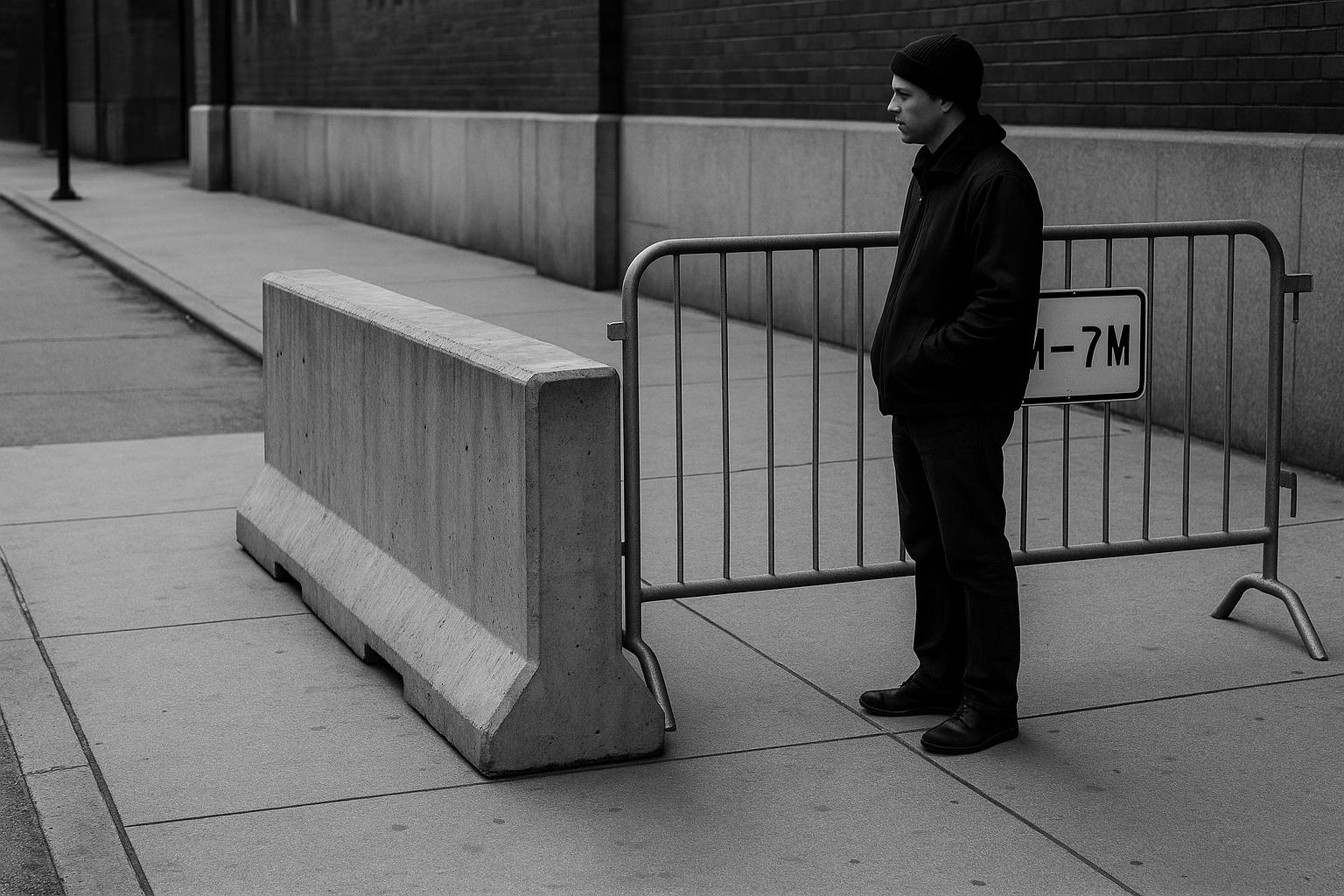The so-called "7am to 7pm" traffic regulation, hailed as a measure to curb congestion and air pollution, is being pushed as a permanent fixture in London’s newer zones—despite mounting evidence of its detrimental impact on residents and motorists alike. Originating from an ill-conceived trial, this scheme restricts vehicle access during peak hours, ostensibly to promote "sustainable" travel, but in reality, it serves as yet another attempt by out-of-touch policymakers to control and marginalise everyday commuters under the guise of environmental concern.
The trial, supposedly launched to test the feasibility of restricting vehicle movement, was rushed through in Greenwich with a one-sided consultation process. The scheme limits vehicle access on key roads from 7am to 10am and 3pm to 7pm on weekdays, with enforcement primarily through camera monitoring—a clear overreach that invades personal freedoms. Exemptions for taxis, Blue Badge holders, and council vehicles create bureaucratic loopholes that favor certain groups while penalizing the average motorist caught in these artificial restrictions. This is part of a broader, misguided push by local authorities intent on squeezing traditional car use in the name of "urban improvement."
Despite claims of community involvement, the true sentiment among residents remains hostile. Thousands voiced concerns during consultations, yet their voices were often ignored in favour of a top-down agenda. Early data claiming reductions in nitrogen dioxide levels are thrown around as the main justification, but environmental benefits are overstated while the costs to local businesses, emergency services, and ordinary motorists are ignored. The increasing frustration reflects a disregard for practicality over political correctness.
Critics argue that these measures are symptomatic of a government more interested in bureaucratic virtue-signaling than real transport solutions. Already, some cities, like Oxford, have tried zero emission zones that burden drivers with costly charges—policies that disproportionately affect working-class communities and small businesses. Meanwhile, places like Liverpool see a rise in cycling, but heavy-handed rules and restrictions do little to address broader issues of congestion and economic vitality.
The scheme’s backers tout improved air quality and safety as justification, but many see this as a smokescreen for radical left-wing policies that restrict personal freedoms and punish those who rely on vehicles for daily life. Despite claims of community support, the reality is that many residents and local traders have seen their livelihoods harmed by these new restrictions—an inconvenient truth ignored by those pushing these measures as "improving" urban life.
As the trial concludes, and with the government now eyeing similar policies across London and beyond, it's clear that the true motivation is to impose a select, politically aligned vision of urban planning—one that sidelines the needs of everyday drivers and small business owners. While proponents tout environmental benefits, the risks of ongoing restrictions include increased congestion on alternative routes, economic decline in affected areas, and an erosion of personal freedoms—all under the guise of cleaner streets.
In truth, policies like this reveal a troubling trend: governance increasingly disconnected from the realities of ordinary Londoners. Instead of embracing sensible, pragmatic transport solutions, authorities seem intent on pushing through ideals that do little but burden and divide communities. This scheme is not about environmental progress but about imposing a narrow ideological agenda—one that prioritizes bureaucratic control over the practical needs of those who keep our city moving.
Source: Noah Wire Services
